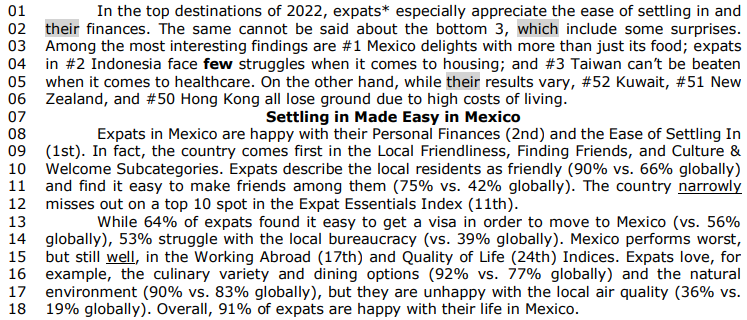Read the excerpt of the chapter “Decolonization” from the book Post-Colonial Studies:
The Key Concepts below to answer QUESTION.
“Decolonization is the process of revealing and dismantling colonialist power in all its forms.
This includes dismantling the hidden aspects of those institutional and cultural forces that had
maintained the colonialist power and that remain even after political independence is achieved.
Initially, in many places in the colonized world, the process of resistance was conducted in
terms or institutions appropriated from the colonizing culture itself. This was only to be
expected, since early nationalists had been educated to perceive themselves as potential heirs
to European political systems and models of culture. This occurred not only in settler colonies
where the white colonial élite was a direct product of the system, but even in colonies of
occupation. Macaulay’s infamous 1835 Minute on Indian Education had proposed the
deliberate creation in India of just such a class of ‘brown white men’, educated to value
European culture above their own. This is the locus classicus of this hegemonic process of
control, but there are numerous other examples in the practices of other colonies. […]
As well as direct and indirect economic control, the continuing influence of Eurocentric cultural
models privileged the imported over the indigenous: colonial languages over local languages;
writing over orality and linguistic culture over inscriptive cultures of other kinds (dance, graphic
arts, which had often been designated ‘folk culture’). Against all these occlusions and
overwritings of pre-colonial cultural practices, a number of programmes of decolonization have
been attempted. Notable among these have been those that seek to revive and revalue local
languages. The pressure of the global economy means that élite communication is dominated
by the use of the ex-colonial languages, notably the new ‘world language’ of English, whose
power derives from its historical use across the largest of the modern empires and from its use
by the United States.” (ASHCROFT, et al., 2007, p. 56-57)
